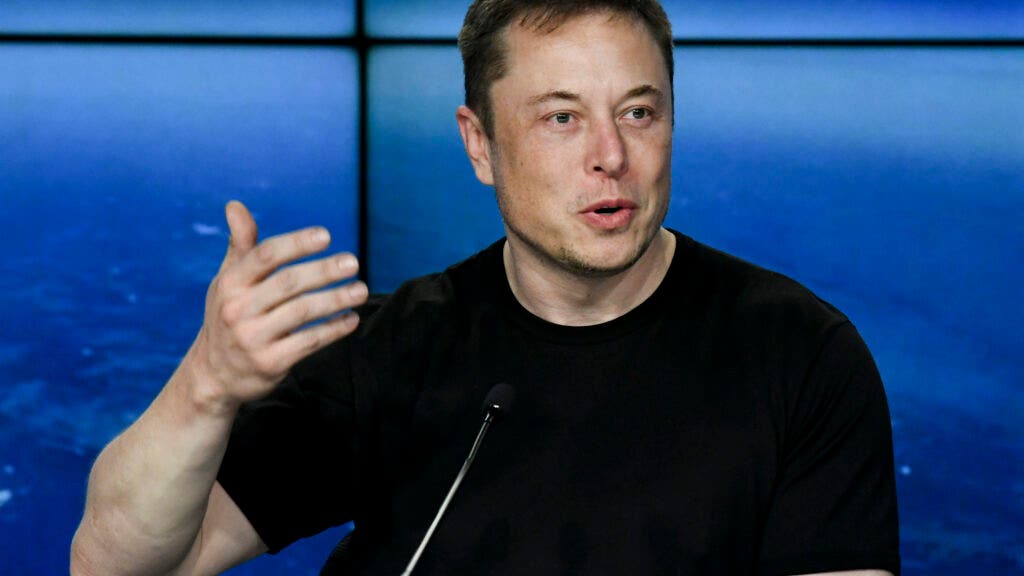What happens when robots take everyone’s jobs? It’s the question hanging over office chatter, think pieces, and late-night doomscrolling. People are scrambling to find “AI-proof” careers, but with predictions that automation could replace nearly every role, the anxiety feels justified.
Elon Musk, however, isn’t losing sleep. He’s been repeating for years that society won’t just need a universal basic income — it will need something bigger: universal high income.
The latest reminder came after tech commentator David Scott Patterson claimed on X that by 2030, “all jobs will be replaced by AI and robots.” Musk replied, “Your estimates are about right. However, intelligent robots in humanoid form will far exceed the population of humans, as every person will want their own personal R2-D2 and C-3PO. And then there will be many robots in industry for every human to provide products & services.”
Don’t Miss:
That prompted another user to ask the obvious: “When robots replace working people, how will those who become unemployed sustain their lives?”
Musk’s answer: “There will be universal high income (not merely basic income). Everyone will have the best medical care, food, home, transport and everything else. Sustainable abundance.”
It’s an audacious promise — and one he’s echoed for years. Where most politicians discuss UBI as a modest safety net, Musk insists the future demands something far more generous. He stresses “high” because in his view, basic isn’t good enough when machines can handle nearly all labor.
Trending: Microsoft’s Climate Innovation Fund Just Backed This Farmland Manager — Accredited Investors Can Join the Same Fund
But the natural follow-up is uncomfortable: who pays for it? America is already buried under trillions in debt, and funding a system where “everyone has the best of everything” would mean rethinking the entire economic structure. Critics argue it’s a fantasy without a tax base to support it, while others counter that automation itself could generate the wealth needed.
Skeptics point to today’s struggles as a warning sign. If the government can’t fully fund Social Security or Medicare, how realistic is it to expect a brand-new universal income — let alone a “high” one — to suddenly appear? As one response echoed, “If our government is cutting Social Security and Medicare, what makes you believe they’ll advocate for universal income — whether high or otherwise?”

